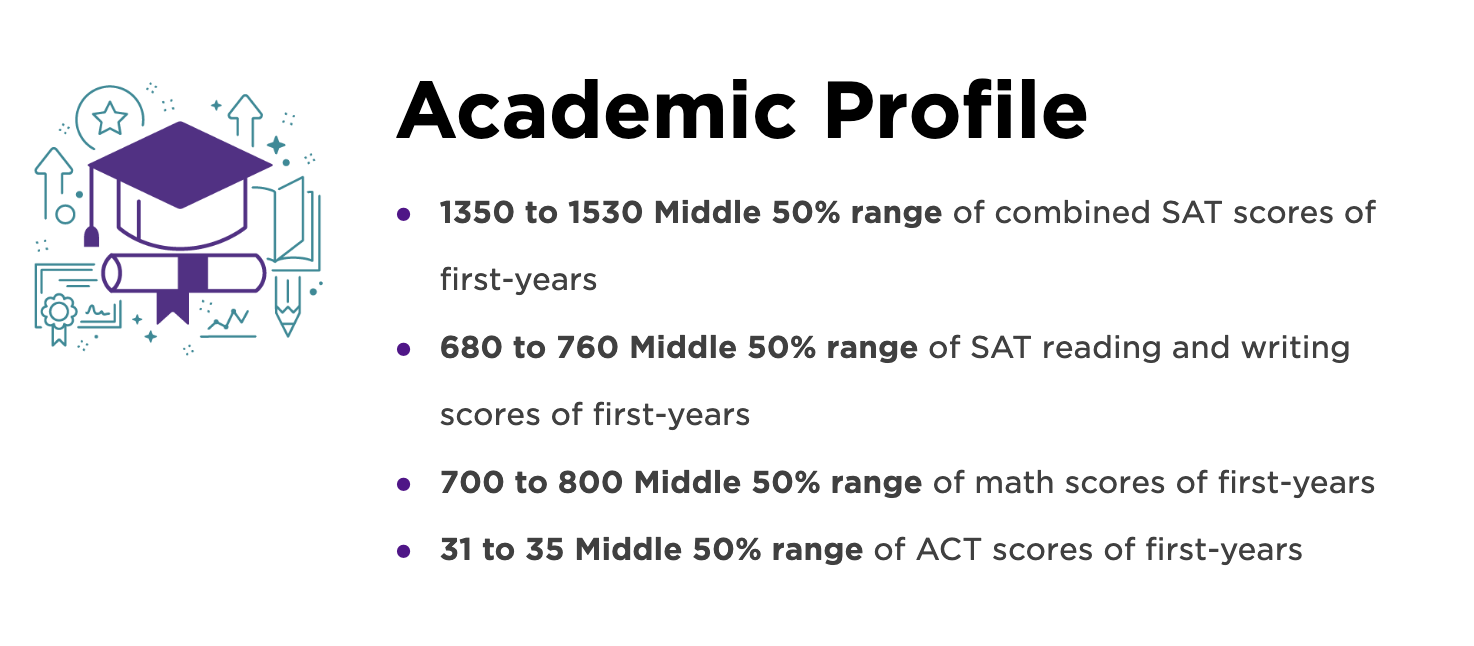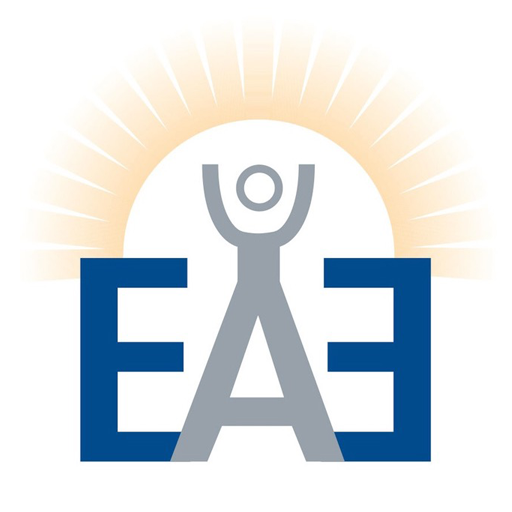1-on-1 College Consulting
1-on-1 College Consulting
$999.95
The 1-on-1 year-to-year advising program provides comprehensive college planning with a mid-year and year-in check-in. Our one-on-one support includes:
- Guiding the student in setting school-year goals to maximize their body of work
- Guiding the student in building their résumé (academic, athletic, dance, or creative arts)
- Making recommendations based on the student’s educational/career aspirations and family’s financial need
- Reviewing and recommending year-to-year classes consistent with recommended colleges
- Helping students/families to understand the type of institutional and private scholarship matches the student could be pursuing
- Developing a holistic strategy for building relationships with colleges and increasing admissions opportunities
- Providing guidance in strengthening a student’s leadership and community service profiles
- Hosting a mid-year and year-end virtual session with students and parents to review actions, revisit goals, and affirm progression toward a strategic plan
Description
1-on-1 College Consulting
Advising/Counseling provides comprehensive college planning beginning of the year session in which the student and parents are provided with a comprehensive review of the student’s transcript and résumé, across the 3 pillars of scholarship, leadership, and service. Recommendations are provided within the context of the student’s educational and career aspirations, and family’s financial need.
Pre-evaluation:
- During pre-evaluation, families provide us with such documents as the course schedule and career pathways offered in their school or school district.
- Academic résumé to be completed in advance on a form that we provide.
- Summary of student’s postsecondary educational/career aspirations.
- Summary of family’s financial need.
- Summary of any unique gifts and talents, such as academics, athletics, music, art, dance, theater, computer coding, etc.
- Summary of the college planning guidance sought.
Virtual Meeting:
- During virtual meeting, we develop and present a comprehensive set of recommendations across our 3 pillars of scholarship, leadership, and service for the forthcoming school year within the context of the student’s educational/career aspirations and family’s financial need.
- We explain the rationale behind our recommendations and discuss with the student and parents modifications.
- The student agrees to a set of measurable goals for the school year, which are documented.
Mid-year Virtual Meeting:
- During mid-year virtual meeting with the student and parents, the student provides an update on progress toward their first semester or school-year goals.
- We discuss any modifications/adjustments to the recommendations provided.
Year-end Virtual Meeting:
- During year-end virtual meeting with the student and parents, the student provides an update on progress toward their school-year goals.
- Student confirms planned summer program participation.
- We discuss any modifications/adjustments to the recommendations provided.
- We recommend actions to be taken during the summer months.
Is this approach worth the money?
Through the Internet, any student can identify the academic profile of admitted students to selective colleges and universities like the one presented below.
 Almost every school district uses a system like Naviance or Scoir to provide college and career guidance. Many school districts offer the AVID program through which teachers are trained to provide guidance in developing college readiness skills and exploring college and career pathways.
Almost every school district uses a system like Naviance or Scoir to provide college and career guidance. Many school districts offer the AVID program through which teachers are trained to provide guidance in developing college readiness skills and exploring college and career pathways.
It is difficult to assess how effective such programs are when student loan debt is so high and SAT/ACT scores are so low for the majority of college-bound students. The following video provides insight into the student loan debt crisis.
By the time a student enters their junior year of high school, parents may have invested thousands of dollars in summer programs, specialized camps, SAT/ACT Prep, tutoring, and even private schools with a goal of their student landing a college scholarship or being offered admission to a top college. However, with the competition for being offered admission to a top college or qualifying for a competitive scholarship at an all-time high, will the investment pay off?
The ACT Class of 2023 National Profile Report reveals huge disparities in test scores by race, and by level of course taking within racial groups. It is also important to note that merit-based scholarships tend to require ACT Scores of 27+, a score range above the average scores for Asians, the highest performing demographic group.

Below is the Duke University Student Profile for the Class of 2027. The average ACT Scores of 34-35 are double the average ACT scores for most students and nearly 10 points higher than the scores of top students. With an acceptance rate of 6.3%, is it reasonable to assume that what is currently in place at most schools is sufficient to putting students on a pathway to avoiding student loan debt, achieving high test scores, or gaining admission to selective colleges and universities?

If you believe that your school or school district is offering sufficient support for your educational/career aspirations in a manner that will assist your family from joining the millions of families each year taking out student and Parent PLUS loans to pay for college, then there is no need to incur the expense of our support. However, if you believe that we can help then we will be more than happy to provide our recommendations.
Note: Fees are non-refundable. Note: We do not provide financial, investment, or legal advice, nor do we guaranty any outcomes. Please review our Terms and Conditions prior to making your purchase.




